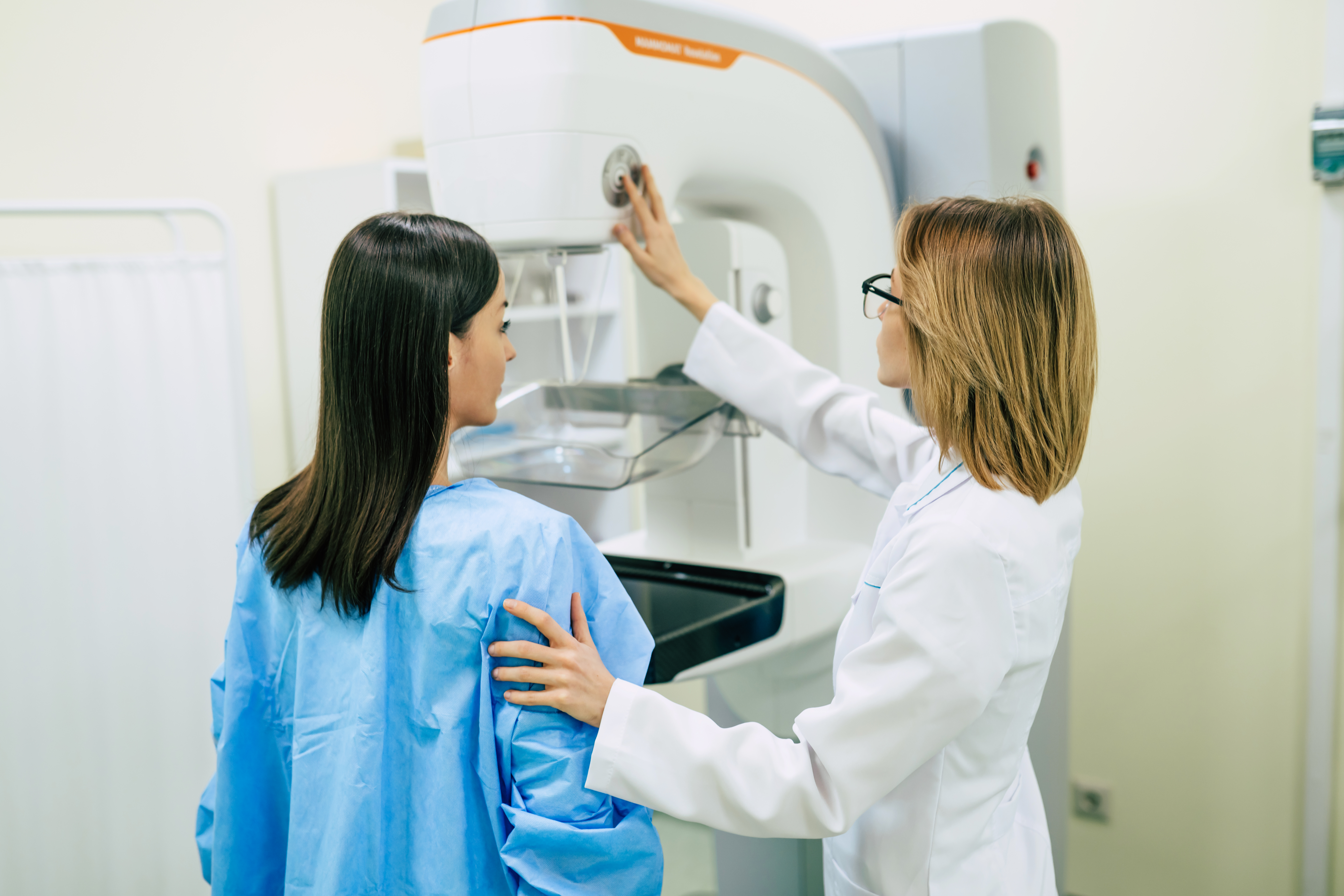Autoimmune diseases (AI) are enigmatic. Of the nearly 100 diseases in the AI family, none could really be labeled as prototypical. For years, the diversity of these diseases made it difficult for the medical community to recognize what was happening as autoimmunity grew into an epidemic. The fragmentation and compartmentalization of Western medicine essentially obscured their ability to connect the dots. But now we can see that hormonal birth control is at least partly responsible for the increase in these seemingly disparate diseases.
Lupus is primarily a rheumatic disease. Multiple Sclerosis attacks the central nervous system. Crohn’s disease goes after the gut. Despite the differences in the broad scope of diseases that fall under the AI umbrella, there is evidence of a robust underlying bond. One in every four autoimmune patients will be diagnosed with another AI disease, and each of these diseases is the product of a renegade immune system attacking the body’s healthy tissue. But, the connection expands beyond what’s been labeled as multiple autoimmune syndrome.
The autoimmune and estrogen connection
A few years ago I attended a lecture from one of the world’s leading authorities on autoimmune diseases, which would spark my interest in birth control research. During his studies of Hashimoto’s thyroiditis in the late 1950s, Dr. Noel Rose first theorized the idea of the body’s immune system attacking itself and came up with the term “autoimmune” that would lead to him being deemed the Father of Autoimmune Disease. That evening, he told the audience that researchers knew from the beginning that estrogen probably played a critical role in autoimmunity because of the role it normally plays in a woman’s immune system, plus the fact that nearly 80 percent of all diagnoses were (and are) made in women.
Genetic predisposition vs. environmental triggers
Dr. Rose explained that patients must be genetically predisposed to contract an autoimmune disease, but stressed that environmental triggers are the real key to activating the condition. Studies of identical twins have found that AIs strike both twins 25-50% percent of the time, according to estimates from Johns Hopkins University. If an AI were purely genetic and attacked one twin, by their very nature, it would also strike the other sibling.
Since that does not always happen, environmental factors must play some role. Autoimmune disease researcher and former Cambridge University professor James Lee told The Guardian in 2022, “Human genetics hasn’t altered over the past few decades. So something must be changing in the outside world in a way that is increasing our predisposition to autoimmune disease.”
T cells and autoimmune disease
As the lecture continued, I was fascinated to learn about T cells. The doctor described them as the soldiers of the immune system. He said that when our body’s natural estrogens attach to receptors on these T cells, it arms the soldiers and gives them their marching orders. Natural estrogen basically points out the invader and triggers the command to attack. But when disruptive agents that mimic natural estrogen enter our body, they attach to the receptors. Suddenly, the soldier is armed but doesn’t know what to attack because the synthetic estrogens don’t carry the code our natural estrogen would have provided. This can cause the armed immune system to battle our body’s healthy tissue, which will result in an AI for those who are genetically predisposed.
The bad news is that many people are genetically predisposed. In the United States alone, more than 3 million people are estimated to suffer from an autoimmune disease. Collectively, their incidence is higher than that of cancer or heart disease.
Birth control is an endocrine disruptor
The disruptive agents that mimic estrogen in our bodies are known as endocrine disruptors, and they’ve gained a lot of notoriety in recent years. Unfortunately, news stories in the mainstream media frequently focus on disruptive chemicals such as dioxins, phthalates, detergents, BPA, even soy. Unfortunately, they rarely include the most prolific and potent synthetic chemical explicitly designed to mimic natural estrogen in the body—hormonal birth control.
A conservative estimate of 11 million women in the United States take some form of hormonal contraceptive each day. Given that each molecule of those synthetic estrogens is about 100 times more potent than a woman’s natural estradiol, birth control equates to a powerful form of internal pollution. But, how can we be certain they are any more to blame for the rise of AI diseases than of the other chemicals known to disrupt the endocrine system?
The first indication is that the incidence of AI diseases has risen dramatically in the last 40 years, about one generation removed from the introduction and unusually rapid widespread cultural uptake of the Pill. One could argue that a lot of other harmful chemicals were introduced into the environment within the same timeframe, and that’s a valid point; but it doesn’t explain the fact that the gender ratio has also skewed dramatically since the Pill was introduced. For example, twice as many women than men were diagnosed with Multiple Sclerosis (MS) in 1940. By 2000, four out of five MS patients were women. That’s a 50 percent increase over each decade since the Pill was introduced.
Other recent studies found that women who took hormonal birth control were 35 percent more likely to develop Multiple Sclerosis, 50 percent more likely to develop Lupus, and faced up to three times the risk of developing Crohn’s disease when compared with women who never took birth control.
What we know about hormones and autoimmune disease
In the grand scheme of things, scientists still understand very little about the inner workings of autoimmune disease. This we do know: hormones are powerful chemical messengers that play a role in just about every process our bodies perform. Even though we don’t know precisely how these messengers work or exactly what their role is in the immune system, we should know enough by now to try not to throw them out of balance.
Several statistics in this article were updated and a quote was added on January 3rd, 2023.







